Experts reveal why your bay tree leaves are turning brown – and how to fix it
Why are your bay tree leaves turning brown? Experts reveal the most common causes and how to fix them
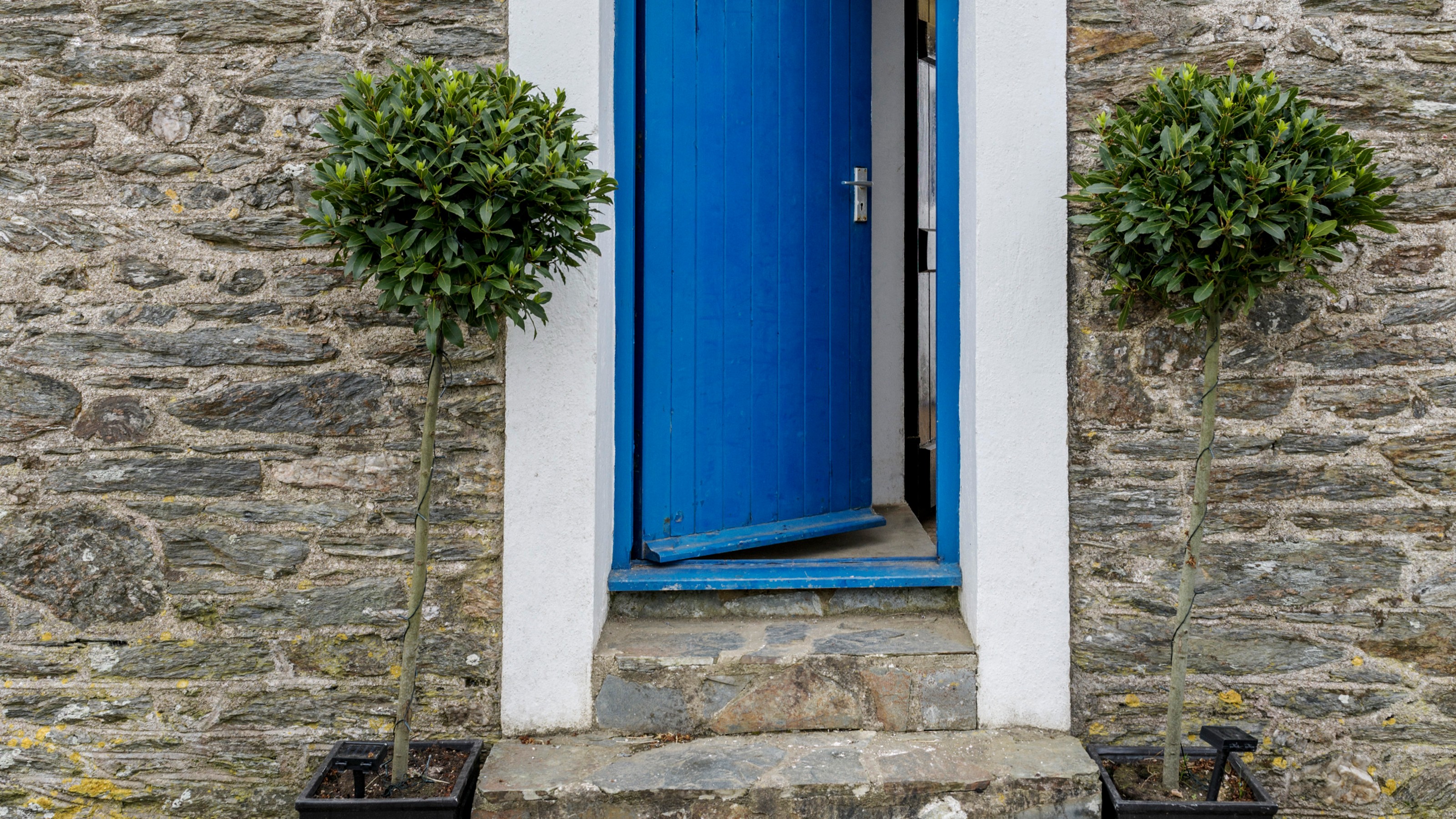

Potted bay trees are often the go-to home entrance adornment, framing front doors on either side. But if your bay trip is currently looking a little unsightly with unhealthy brown leaves, we've found the answer to why your bay tree leaves are turning brown.
Perfect for small garden ideas, bay trees need a certain level of care, whether you keep them indoors or outdoors. Correct watering, knowing when to prune bay trees and keeping pests at bay are just some of the crucial ways to take care of this aromatic evergreen tree and how to prevent browning leaves.
But if your bay tree is showing its unhappiness by turning its leaves brown, these are the most common reasons why and how you can fix them as explained by gardening experts.
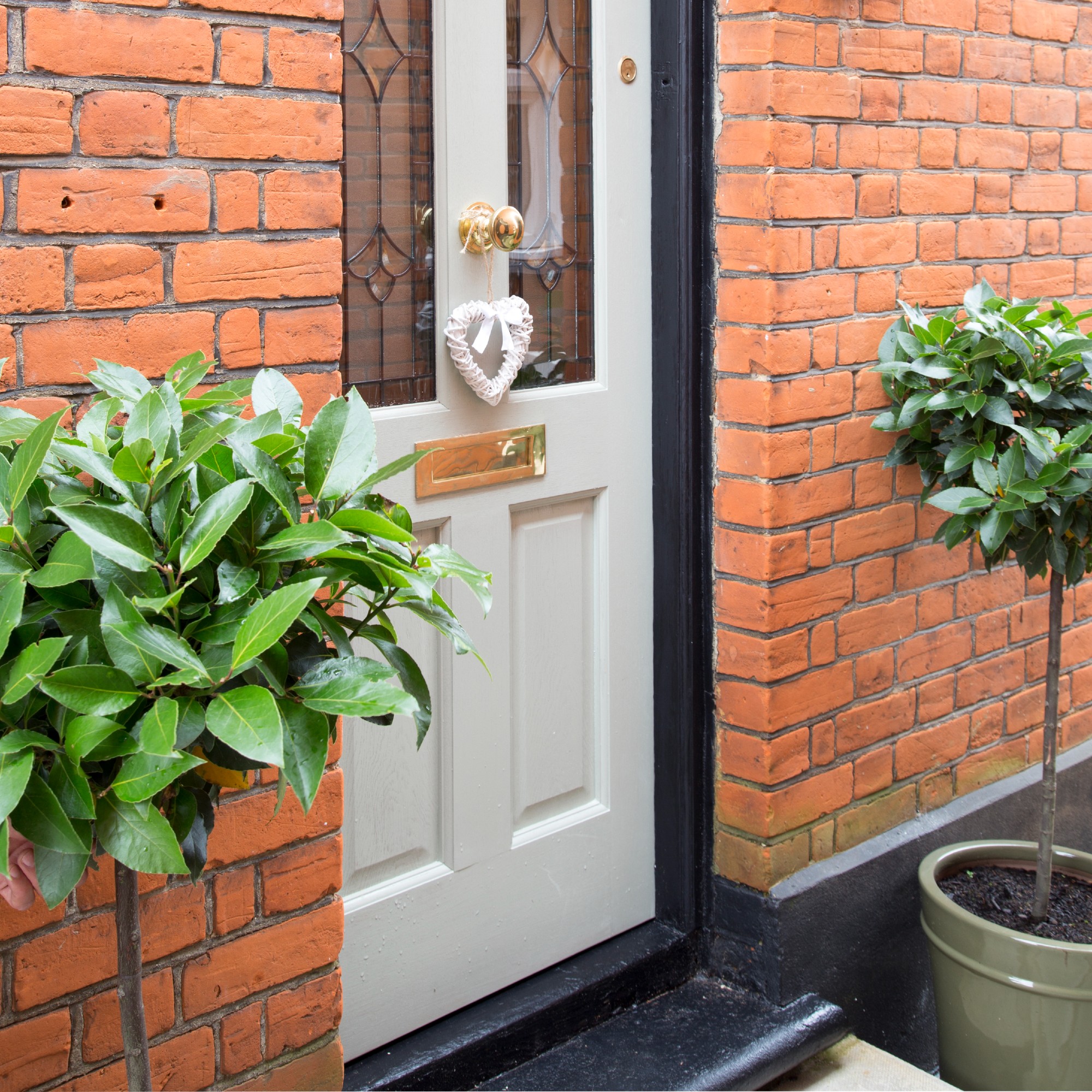
Why are bay tree leaves turning brown?
Bay tree is both one of the best indoor trees and outdoor trees. They are versatile and bring a lovely Mediterranean touch to any space, as demonstrated in Michelle Keegan’s Alice In Wonderland-style garden. But if the common issue of browning leaves occurs, there could be several causes for it and different ways to solve it accordingly.
These are the most common to look out for, according to our gardening experts.
1. Improper watering
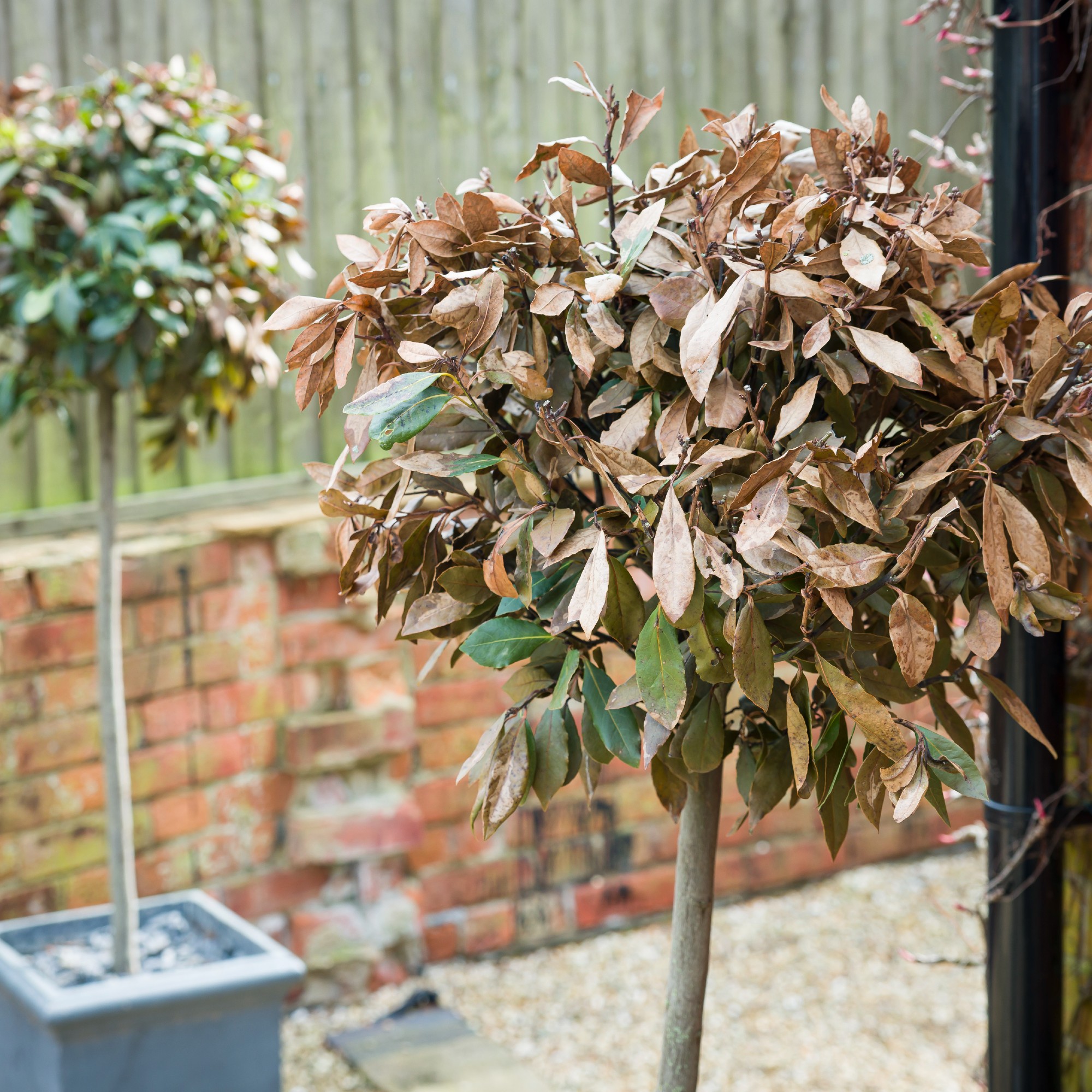
Both underwatering and overwatering can lead to your bay tree’s leaves turning brown.
‘The main cause of a bay tree's leaves turning brown is underwatering,’ says Steve Chilton, garden expert at LeisureBench. ‘However, it's important to note that sometimes browning of a Bay tree's leaves could also be due to overwatering. While overwatering usually leads to yellow leaves, it can also lead to brown leaves.’
Get the Ideal Home Newsletter
Sign up to our newsletter for style and decor inspiration, house makeovers, project advice and more.
Petar Ivanov, gardening expert at Fantastic Gardeners, elaborates, ‘A bay tree prefers damp soil, and if the soil is too dry, especially during hot or dry periods, it may result in leaf browning. The opposite is also a factor because overwatering or waterlogged soil can lead to root rot, affecting the tree's ability to absorb water and nutrients, which results in brown leaves.’
Regular and sufficient watering is the best medicine to reverse the damage caused by under- or overwatering.
‘You can fix it by making sure that you thoroughly water your bay tree regularly during its growing season, and less so in winter. Once the soil is dry, you should water your bay tree, but it's important to make sure that it isn't in any standing water as this will waterlog your tree and have a negative impact on its health,’ Steve says.

Steve is a passionate and knowledgeable garden expert with several years of experience within the field. As the director of LeisureBench, an industry-leading garden furniture company, Steve has developed strong expertise for all things nature and plants.
2. Extreme temperatures
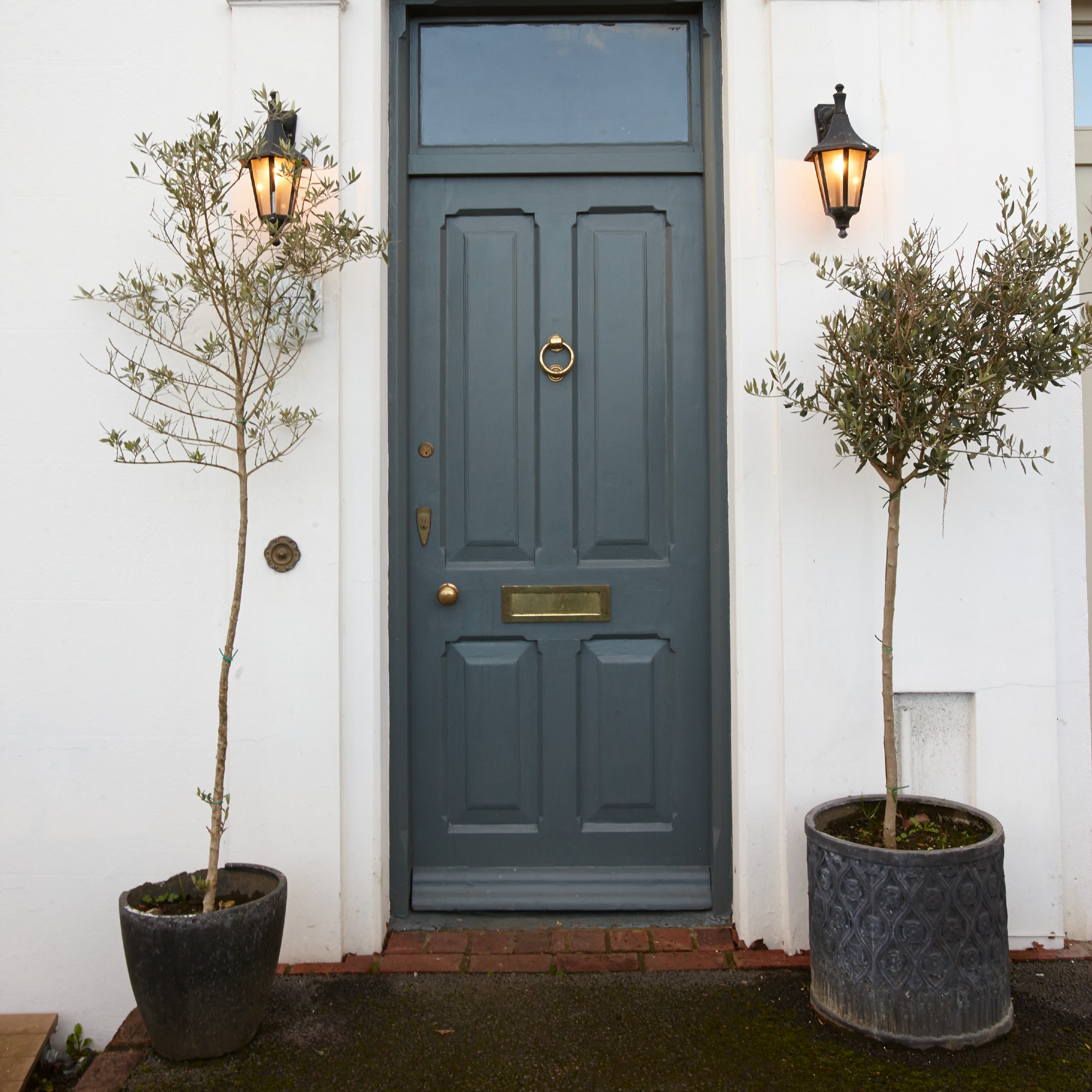
While bay trees can do pretty well in both cold and warm temperatures, they don’t like extreme weather conditions such as frost and high, dry heat.
‘Extreme temperatures can affect a bay tree because these plants are sensitive to harsh cold or hot conditions. Strong winds can also lead to dehydration of the leaves, which leads to browning,’ Petar warns.
He offers a solution though, ‘If the reason for browning leaves is harsh weather conditions, provide it with protection or relocate the tree to a more sheltered area.’
A garden fleece like this one from Amazon will keep your bay tree protected from the current frosty weather.

Petar Ivanov is one of the company's top-performing experts and manages over six teams of gardeners, delivering stunning landscape results and fostering a deep connection with nature through his work.
3. Nutritional deficiency
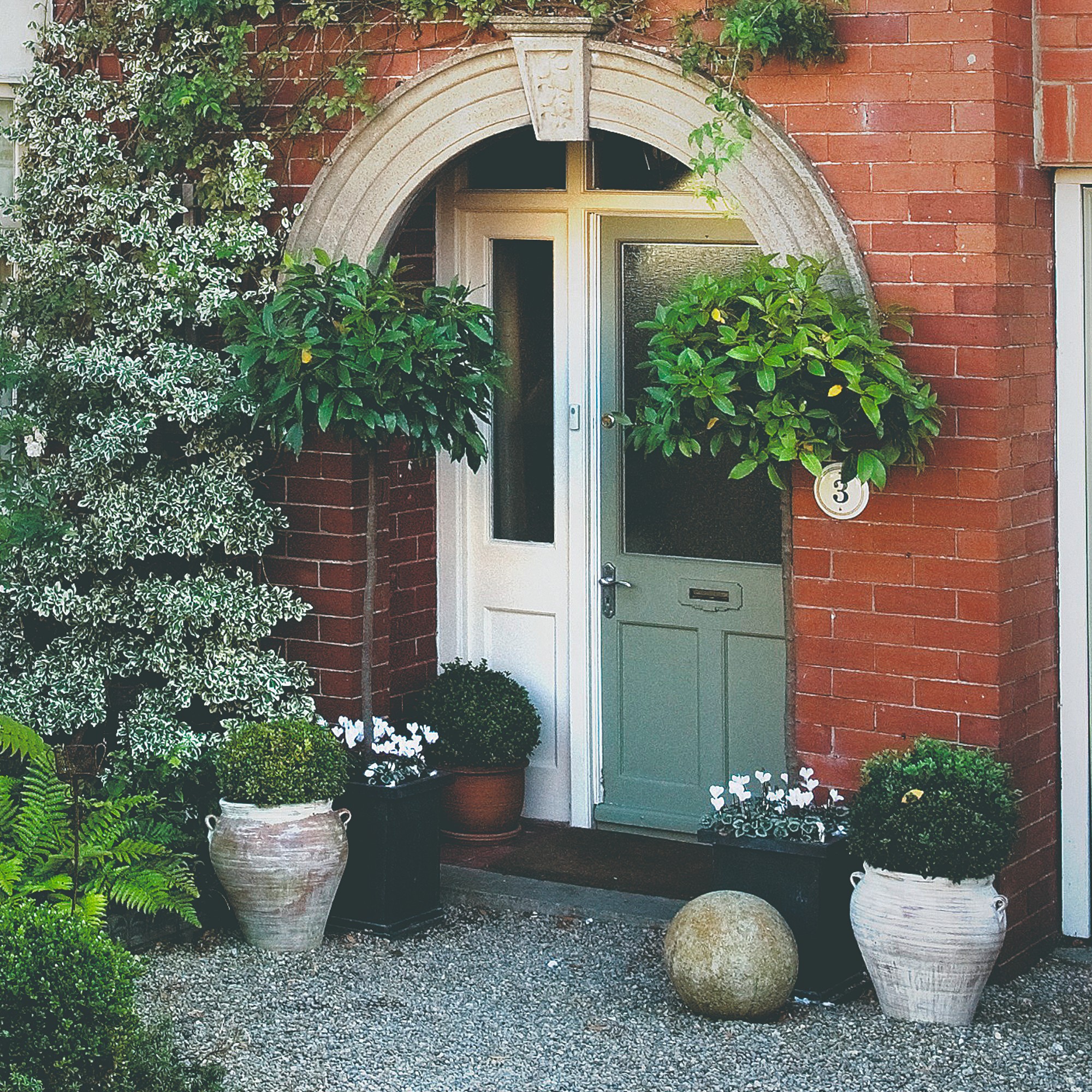
A common issue is lack of necessary nutrients. ‘Deficiencies in vital nutrients, mainly nitrogen, can cause brown leaves,’ Petar says.
Jack Sutcliffe, gardening expert and co-founder of Power Sheds, says that applying a fertiliser like this one from Amazon is the best solution to this issue. ‘Regular applications of fertiliser during spring and summer are an easy and straightforward solution to this common bay tree problem, or you can use a slow-release balanced fertiliser to save time. However, be careful not to over fertilise as this can also cause the leaves to brown.’
4. Pests
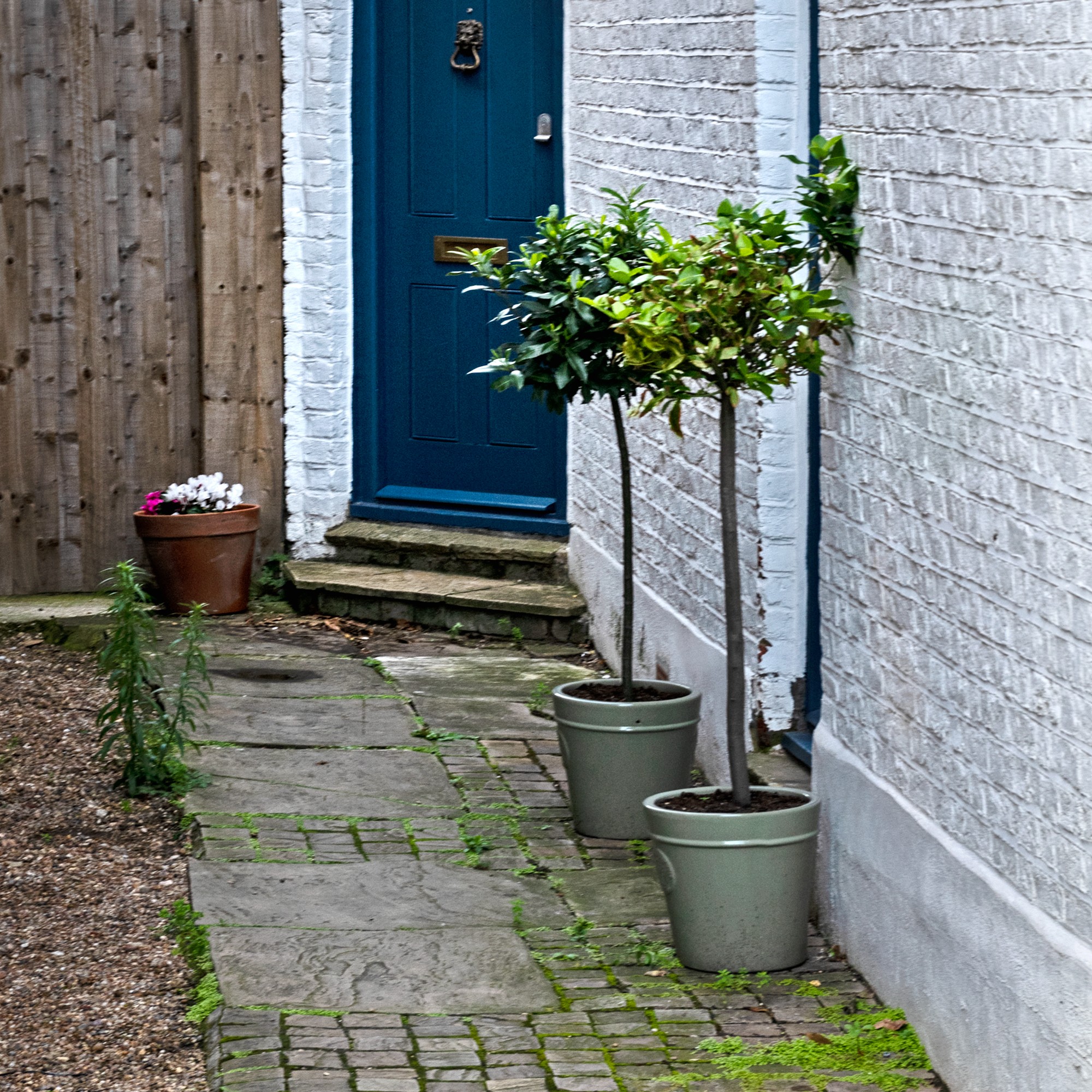
‘Pests and diseases, such as aphids or mites, can infest bay trees, sucking sap from the leaves and turning them brown,’ Petar explains. ‘Fungal infections, such as powdery mould or root rot, can also affect bay trees, mainly causing leaf discolouration.’
A combination of pruning, hosing down affected areas and applying a pesticide like this one from Amazon is the best approach to tackle pests attacking your bay tree.
‘Check for any pests or spider mites as these can weaken the tree. If you notice this, prune and remove severely infested leaves or branches and hose down the affected areas of the bay tree to remove pests,’ Jack recommends.
Petar adds that insecticidal soap and fungicides like this one from Amazon are the best treatment, ‘If the problem is pest infestations, identify and treat them with appropriate insecticides or insecticidal soap. Prune and dispose of any severely affected parts and treat fungal infections with fungicides. Make sure also that there’s good air circulation around the tree.’
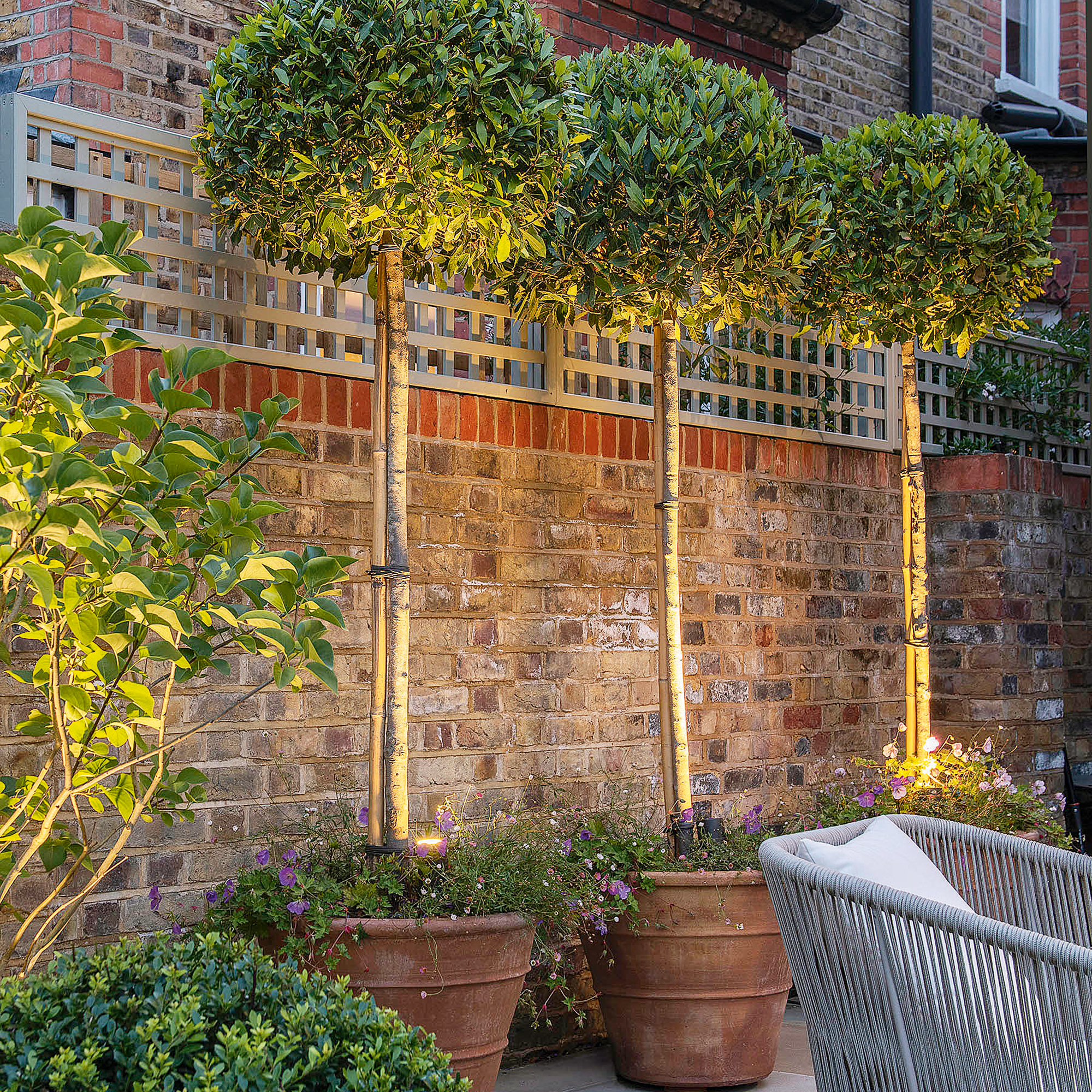
FAQ
How do you revive a brown bay tree?
First and foremost, it’s important to identify the cause of the tree’s leaves turning brown, whether that’s down to insufficient watering or extreme weather conditions.
‘Several factors can be the reason a bay tree has brown leaves, which include over- and underwatering, poor drainage, temperature fluctuations, pests and diseases, nutrient deficiency and improper pruning,’ Petar says.
So the way to best revive your tree will be dependent on the specific cause.
What is the best feed for a bay tree?
A slow-release balanced fertiliser is the best feed for a bay tree.
‘If the reason is nutrient deficiencies, apply a balanced fertiliser suitable for bay trees and avoid excessive or premature pruning,’ Petar advises.
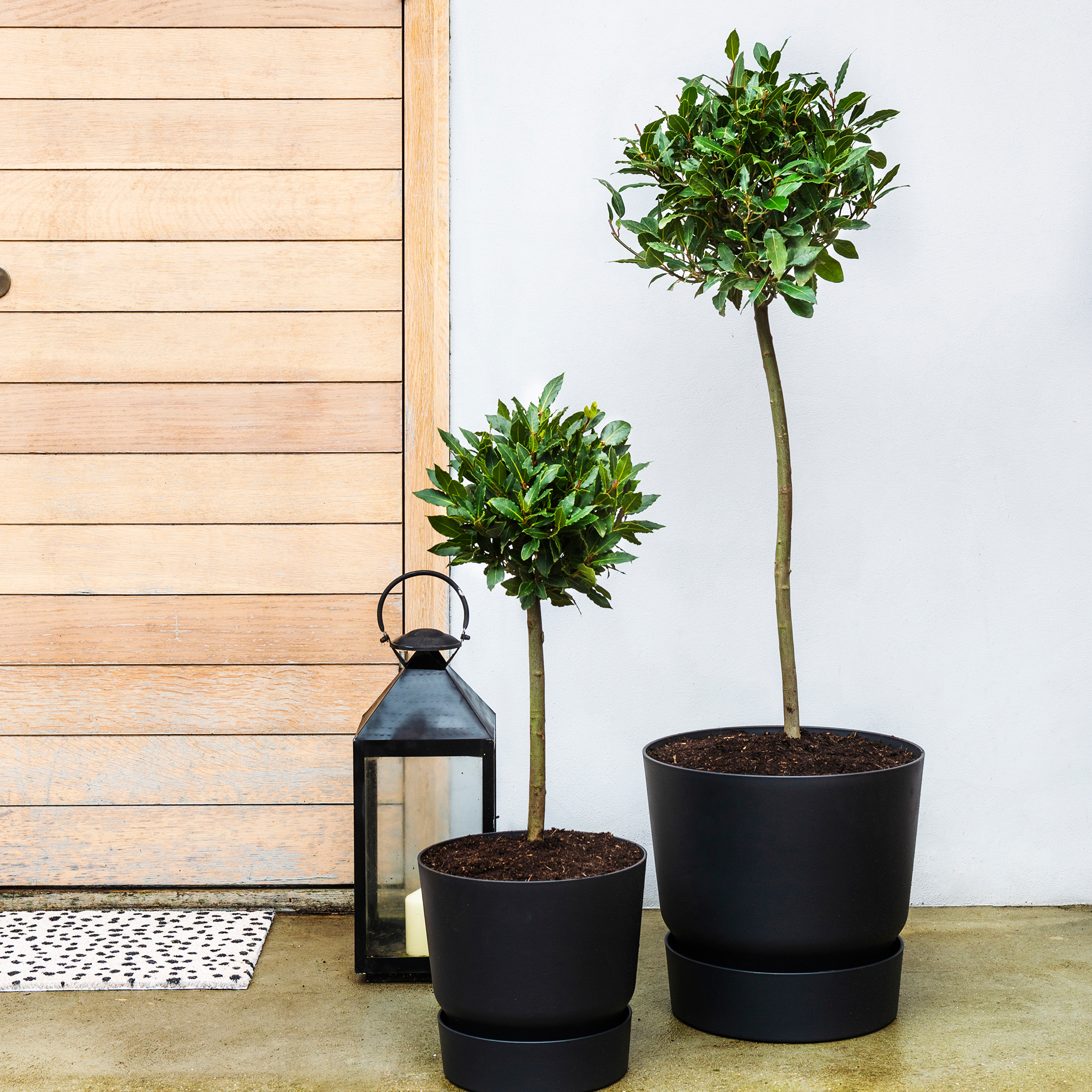
And that’s how to prevent and get rid of bay tree brown leaves in the most efficient ways.

Sara Hesikova has been a Content Editor at Ideal Home since June 2024, starting at the title as a News Writer in July 2023. She is now also the Ideal Home Certified Expert in Training on Furniture, and so far has tested 80 different sofas.
Graduating from London College of Fashion with a bachelor’s degree in fashion journalism in 2016, she got her start in niche fashion and lifestyle magazines like Glass and Alvar as a writer and editor before making the leap into interiors, working with the likes of 91 Magazine and copywriting for luxury bed linen brand Yves Delorme among others.
-
 Should your front door colour match your hallway? Interior experts reveal 3 reasons why it should (and 3 reasons it shouldn't)
Should your front door colour match your hallway? Interior experts reveal 3 reasons why it should (and 3 reasons it shouldn't)Are you team matching or contrasting?
By Ellis Cochrane
-
 This £200 limited-time discount makes this Dyson vacuum cheaper than I’ve ever seen it - run don’t walk to Argos for this bargain
This £200 limited-time discount makes this Dyson vacuum cheaper than I’ve ever seen it - run don’t walk to Argos for this bargainIt's the most affordable Dyson on the market right now
By Lauren Bradbury
-
 Martin and Shirlie Kemp’s pastel flower beds has given their Victorian renovation a romantic look - how you can get the look
Martin and Shirlie Kemp’s pastel flower beds has given their Victorian renovation a romantic look - how you can get the lookTheir pastel garden is the cottage garden inspo you've been looking for
By Kezia Reynolds